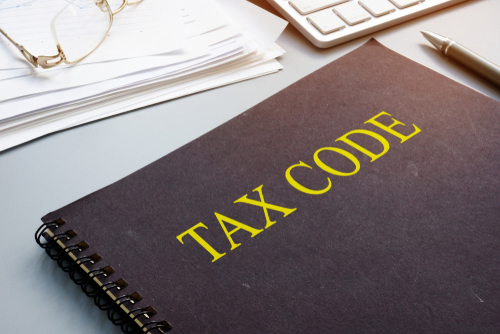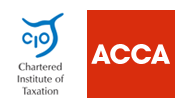We all have a number of responsibilities in life. If you’re a parent, raising your child to be a good human being is one of them. If you’re a business owner, ensuring your staff have access to the tools they need to do a good job is another one. But did you know whoever you are, and whatever role you’re in, you are the one that needs to stay up to date with your tax code. After all, it is your responsibility to make sure it’s right, not HMRC’s.
Recently someone ignored a letter they received from HMRC because it received good news – telling him he would be paying less tax than he expected. Winner!
What he didn’t realise was that this letter was incorrect. He had paid £20k into his pension in the previous text year and HMRC assumed he had done the same thing this tax year. They got it wrong, but it was his fault as he failed to identify the mistake and inform HMRC.
So, what situation is he in now?
He is now required to pay that tax back as he has underpaid. Less of a winning story, right?
Moral of the story is that it is extremely important to ensure your tax code is correct. Unfortunately, many don’t know what their tax code actually means, and why it might change so we thought we would share our simple guide to understanding your tax code.
What does my tax code mean?
If you’ve seen your tax code before, you may have spotted it is made up of several different numbers and a letter.
The numbers in your tax code are used to let your employer or pension provider know how much tax-free income you will receive in that tax year. These are worked out based on your tax-free Personal Allowance and income you have not paid any tax on, such as earnings from a part-time job. Any job benefits will also be considered when assigning you a tax code such as the value of a company car.
The letters in your tax code refer to your individual situation, and how this may affect your Personal Allowance. But what does each letter mean?
Understanding the letters in your tax code
There are a number of letters that are used in your tax code to identify your individual situation. Below we have included the most common.
L – You’re entitled to the standard tax-free Personal Allowance.
M – Marriage Allowance. You’ve received a transfer of 10% of your partner’s Personal Allowance.
N – Marriage Allowance. You’ve transferred 10% of your Personal Allowance to your partner.
T – Your tax code includes other calculations to work out your Personal Allowance.
0T – Your Personal Allowance has been used up, or you’ve started a new job and your employer doesn’t have the details they need to give you a tax code.
BR – All your income from this job or pension is taxed at the basic rate. This is usually if you’ve got more than one job or pension.
D0 – All your income from this job or pension is taxed at a higher rate. This is usually if you have more than one job or pension.
D1 – All your income from this job or pension is taxed at the additional rate. This is usually used if you have more than one job or pension.
NT – You are not paying any tax on this income.
Why does my tax code have ‘W1’, ‘M1’ or ‘X’ at the end of it?
Tax codes with ‘W1’, ‘M1’ or ‘X’ at the end show you’re on an emergency tax code. This means you’re required to pay tax on all your income above the basic Personal Allowance.
An emergency tax code is typically assigned if HMRC doesn’t receive your income details in time after a change in circumstances. This could be anything from a new job to receiving company benefits.
Why is there a ‘K’ at the beginning of my tax code?
If your tax code begins with ‘K’ it means you have an income that’s worth more than your tax-free allowance that is not being taxed another way. This tends to happen if you are paying tax you owe from a previous year through your wages or pension, or you’re receiving benefits you need to pay tax on.
Still confused?
While HMRC will usually contact you to explain how they worked out your individual tax code, it can still be confusing. Fortunately, we can help!
Contact our team of experienced accountants on 01952 216872 for more information.




